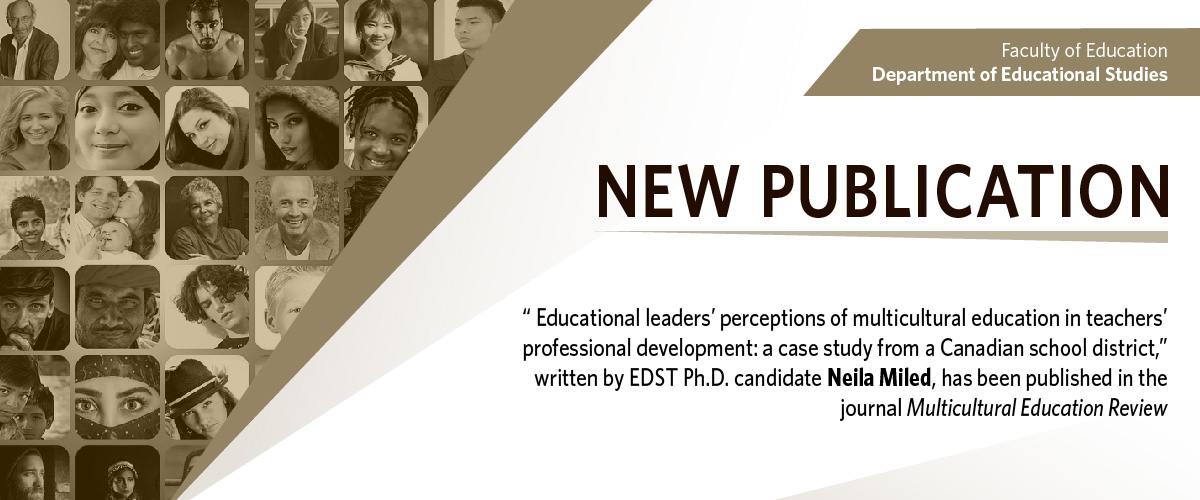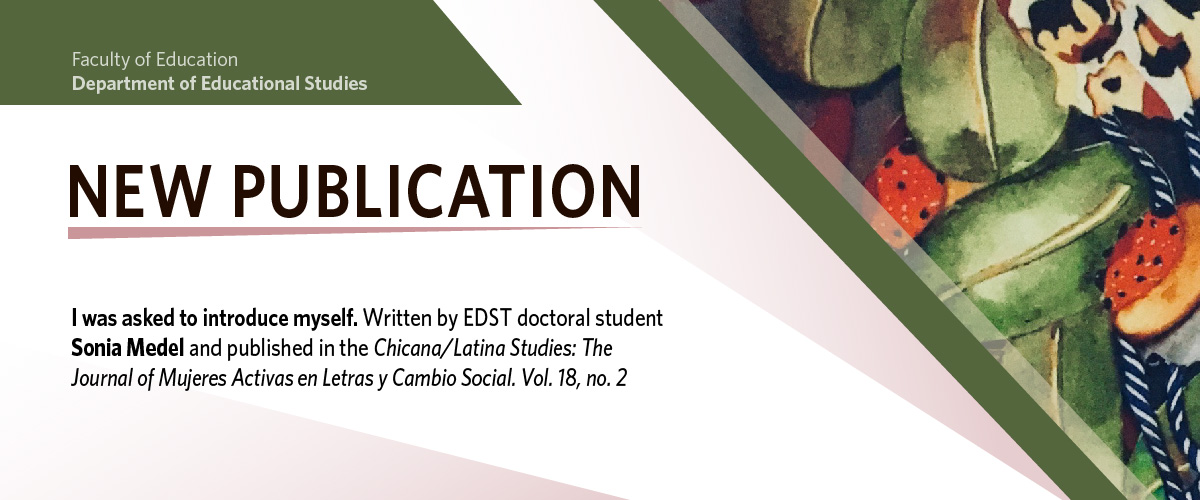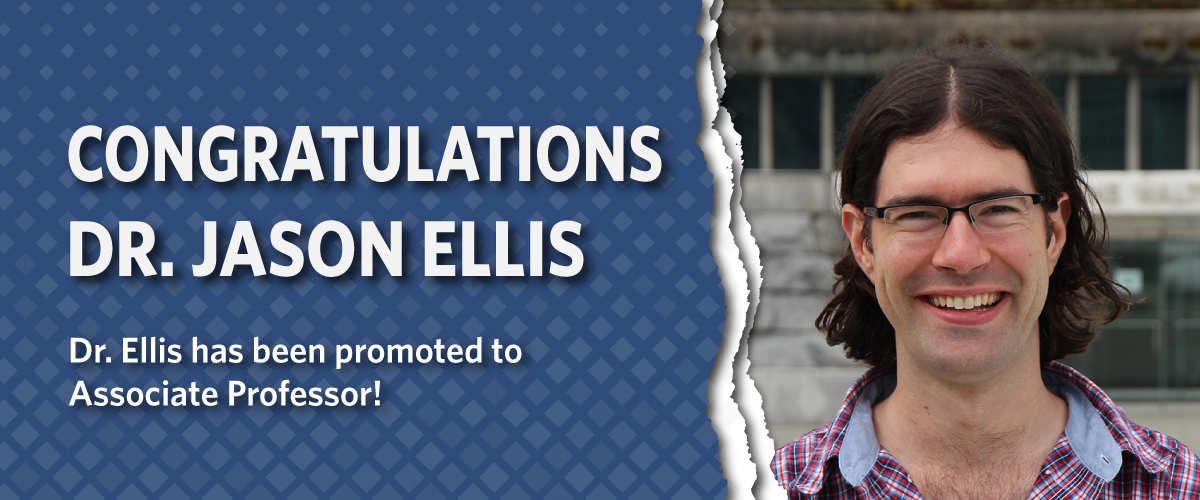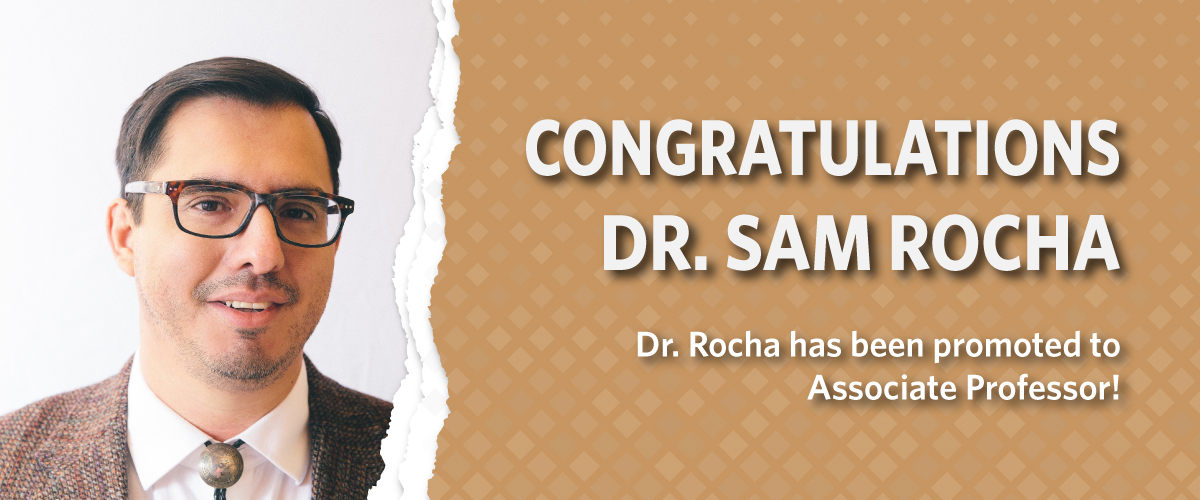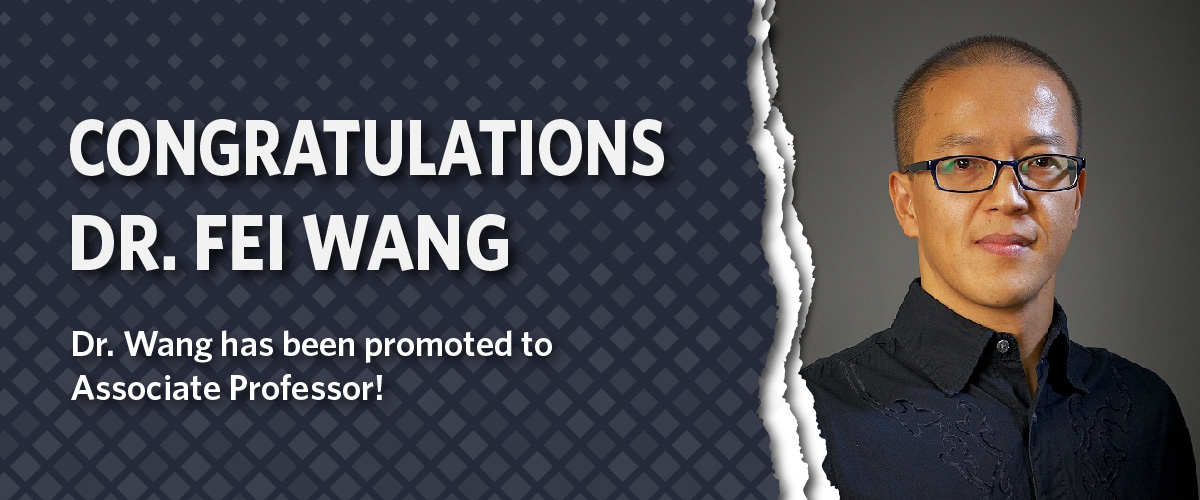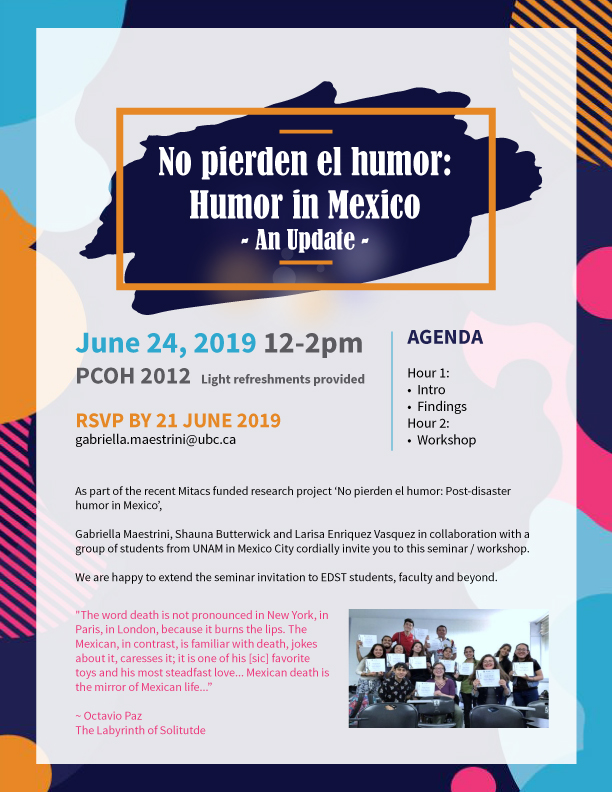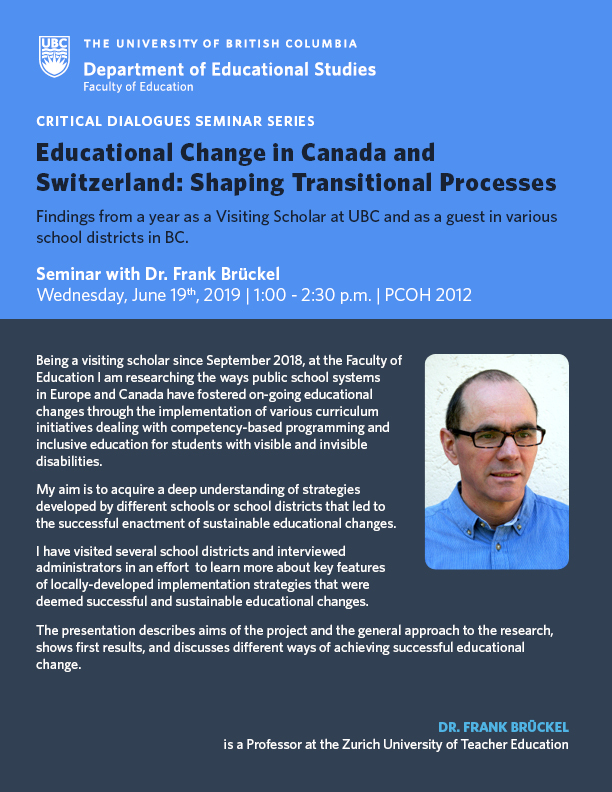Panel: From Self-Healing to Self-Loathing: Reflections on Teaching Under the Rhizomatic influence of Globalization and Racism (part of Congress 2019)
Presenters: Stephanie Glick, Sonia Medel, Gabriella Maestrini, and Esraa Al-Muftah
When: Monday, June 3, 3 – 4:15 PM
Where: Scarfe 1004
Overview: This panel takes a deep dive into the rhizomatic influence of globalization, racism, and other “-isms” on teaching and learning processes in higher education. Panelists draw attention to the term ‘rhizomatic’ to express how the aforementioned issues network horizontally under the surface and then extend (in)visibly into the public realm. Though we situate our work with the understanding that globalization, racism and other -isms seep into educators’ psyches and distress the synergy between teaching philosophy and practice, we offer antidotes to such wedges that include embodiment, mindfulness, and humor. The panelists inquire into, theorize, and push back against dominant ways of knowing, dominant discourses, and dominant power structures.
Presenters:
Stephanie Glick, Teaching as medicine: Healing the body and tending to “-isms” in the classroom via wellness
Western higher education frequently pivots from a Cartesian understanding of teaching and learning that ascribes value to the mind while segregating or silencing the contributions of Other knowledges located in the body, senses, nature, and non-dominant cultures. I argue that by denying Other ways of knowing, we disconnect from the intelligence of our bodies which can alert us to our own biases and those of our students. I reflect on teaching as practice for engaging to my own physical healing following a debilitating injury. I reveal how my commitment to incorporate wellness as a mandatory component of a university course I taught consequently allowed me to interrupt microaggressions in the classroom in productive ways. I place feminist, anti-racist, and decolonial theories alongside research on contemplative pedagogies.
Sonia Medel, Crimson red resistance: An ‘in the works’ take on brave learning spaces
In this autoethnographic spoken-word to paper performance piece, I spew, mutter, stomp, shout back and affirm my ever-killjoy Latina self, establishing a brave space. In a time of simultaneous proliferating (anti)oppressive socio-political governance and relationship-building/ destruction, I speak to the educational ‘trends’ unfolding within Canadian academia and arts/ social justice communities and draw from personal experiences—luchas and demons—of teaching within Latin American Studies and Education classrooms, situating them amongst existing cross-country/ border testimonios. I frame my words with my crimson red lipstick and draw from the work of culturally sustaining, brave space, and guerrerxs pedagogues. My blood-stained lips call for accomplices within and outside the classroom. I aim to do nothing less than leave an implicating kiss mark on the white walls and necks that attempt to define Indigenous, Black, and racialized women educators and introduce a personal and collective ‘in the works’ take on brave learning spaces.
Gabriella Maestrini, Post/colonial laughter: The performed cultural memories of stand-up comedian Trevor Noah
Events such as 9/11, deaths of celebrities, and televised funerals help us understand that spontaneous memorials, candle vigils, photographs and stories are all ways through which people perform cultural memory. This concept is based on Taylor (2003) who investigates performances such as dance and theatre as cultural memory practices that inhabit knowledge of the past, the present and the future. This paper stretches this concept to include stand-up comedy and everyday lived experiences through which we perform, know and remember the world (Carlson, 2016; Denzin, 2011). Cultural memory may be collective, individual, private and public, or may even be considered counter-memory depending on the status of insider/ outsider (Meusburger, 2011). Performed cultural memory is embodied knowledge of race, identity, class and oppression much as encountered by Trevor Noah during his life in South Africa under Apartheid. Through his comedic ability to speak back to racism, he uses humor as a vehicle for sharing these memories with a wider audience. Through laughter, pauses and suspensions, the pedagogical moments in of his skits, Noah draws the audience and the spectators into his memories where he unravels the insidious elements of a racist regime that effectively has identity groups clash. In this sense, Noah uses the humor in performed cultural memory as critical public pedagogy (Denzin, 2009; Rossing, 2016) to show us knowing and understanding of power dynamics in the world and telling us, through humor, about the embodied effects of racism.
Esraa Al-Muftah, Internationalizing ʿqdat alkhawajah: “Whiteness” in a postcolonial context
Qatar University was ranked by the THE World University Rankings as the most internationalized university in 2016. What does this internationalization mean for the teacher in the classroom as s/he is forced to teach an “internationalized” curriculum and abandon a culturally relevant one? I argue, from my experience teaching at Qatar University, this neglect of the local creates the self-loathing educator and future-teacher. An educator stuck in a postcolonial context that continues to foster whiteness as a subject position of expertise and rationality – a complex referred to as ʿqdat alkhawajah.
